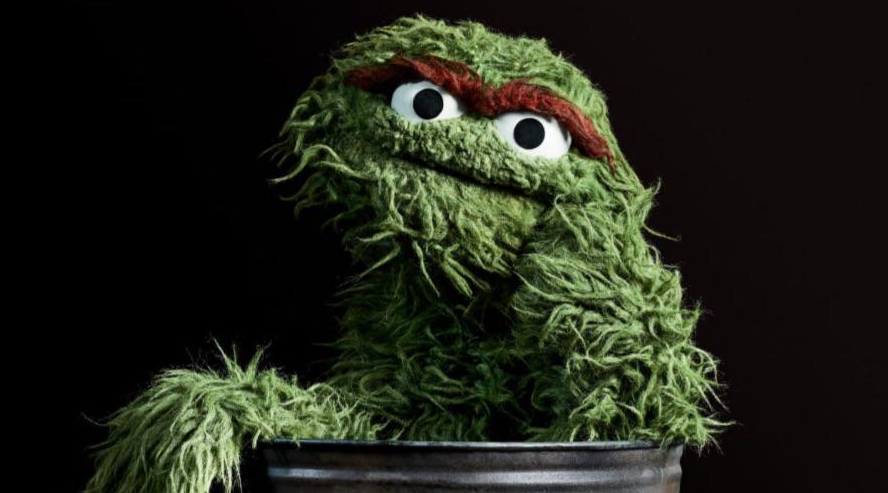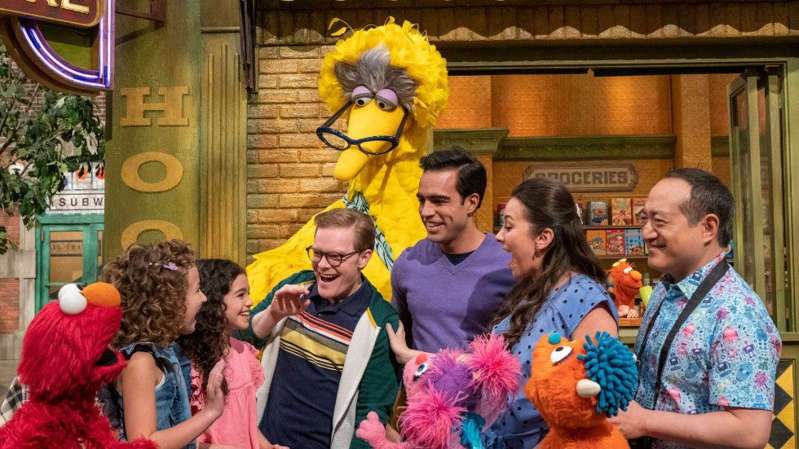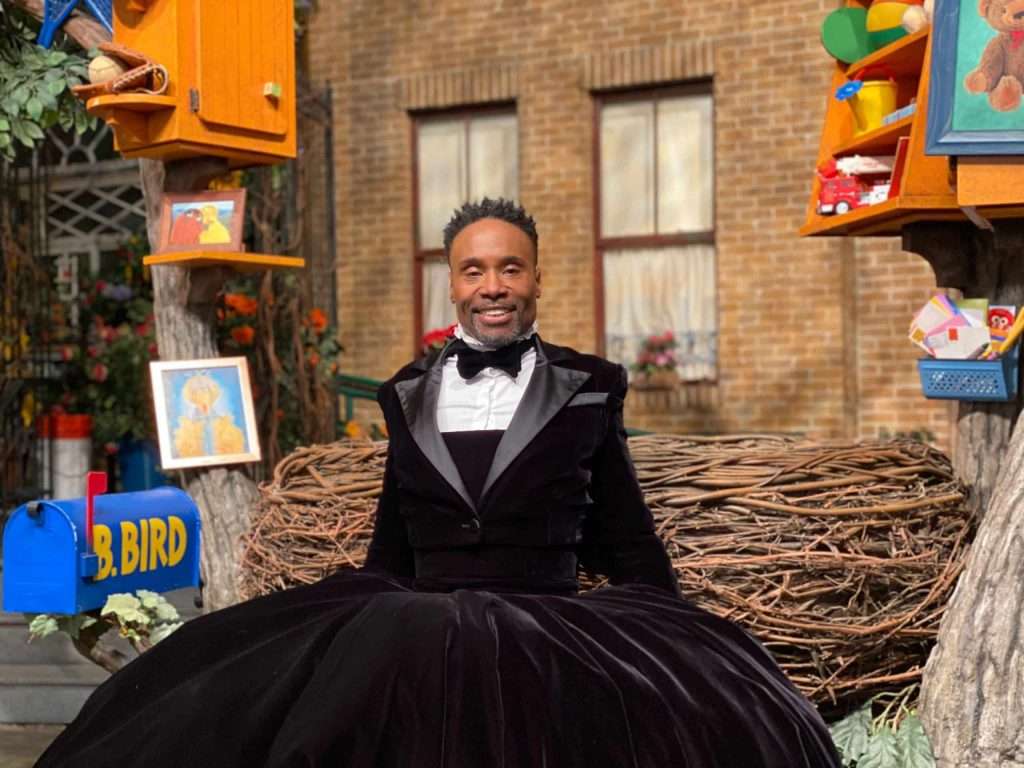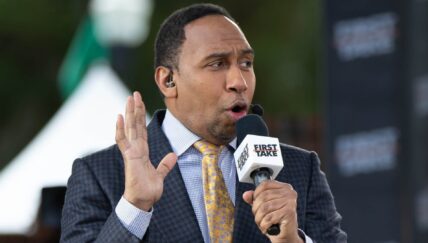We support our Publishers and Content Creators. You can view this story on their website by CLICKING HERE.

HBO will no longer produce new episodes of the iconic children’s show Sesame Street, marking the end of nearly a decade-long partnership with Sesame Workshop, the nonprofit organization behind the series. Warner Bros. Discovery, the parent company of HBO and Max, has chosen not to renew its deal with Sesame Workshop, which allowed the series to premiere new episodes on HBO platforms since 2015. While Max will continue streaming past episodes through 2027, the search is now on for a new home for future seasons.
This decision comes after years of significant changes to the show’s tone and content, much of which upset parents and long time advocates. During its time with HBO, Sesame Street moved away from its original focus on broad educational themes to increasingly spotlight progressive ideologies, including identity politics and social justice messaging Many parents and critics voiced concerns about the show’s evolving direction, arguing that it has prioritized political agendas over child-friendly content.

Among the most talked-about moments was the introduction of a gay couple in the 2021 “Family Day” episode, marking the first time Sesame Street featured LGBTQ+ characters aimed at children of all ages. In the same year, Sesame Workshop rolled out the “ABC’s of Racial Literacy,” a set of resources for parents and children focusing on issues like racism and social injustice. Critics argued that these initiatives represented a departure from the show’s traditionally inclusive but apolitical approach.
The changes didn’t stop there. In 2020, the series aired a 30-minute special teaching children about anti-racism, featuring skits where puppets explored topics like privilege and discrimination. One particularly controversial moment involved a Black Muppet being told by a white Muppet that superheroes could only be white. Critics described the episode as confusing and overly didactic for young viewers, not to mention the frequent appearances of COVID mask wearing muppets during the special.
Earlier in the HBO era, Sesame Street introduced a hijab-wearing Afghan Muppet named Zari in 2016 as part of its commitment to promoting “girl empowerment” in Afghanistan. While Zari primarily appeared on the Afghan version of the show, her inclusion was seen as a harbinger of the broader trend of identity-focused storytelling within the Sesame Street brand.

Another polarizing moment occurred in 2020 when Sesame Street invited actor Billy Porter to appear wearing his signature Oscars tuxedo dress. The appearance sparked debate about the appropriateness of introducing “gender bending” content to young children, with critics accusing the show of catering to adult sensibilities rather than its target audience.
The changes were not limited to social themes. In 2021, First Lady Jill Biden joined Sesame Street in a segment aimed at teaching military families about racial literacy, further embedding identity politics into the series. More recently, in 2024, Sesame Street continued its annual celebration of LGBTQ Pride Month, featuring posts on social media and appearances by queer celebrities like Ariana DeBose, who pressed messages of inclusivity alongside beloved characters like Elmo.
During its HBO run, the once beloved children’s show has faced heavy backlash for these and other initiatives which alienated longtime viewers. When Sesame Street shifted towards what many would call “woke” programming, many feel it lost its original charm and universal appeal.
The end of the HBO era also coincides with new directional and structural changes being suggested. According to The Hollywood Reporter, in expectation of needing to seek a new home, Sesame Workshop announced plans to “reimagine” the series for its upcoming season. According to Kay Wilson Stallings, Sesame Workshop’s executive vice president of creative development, the planned shift will create more “sophisticated” storytelling for today’s audiences.
“It’s going to give us an opportunity to dive further into the narrative,” Kay Wilson Stallings, executive vp and chief creative development and production officer for Sesame Workshop, told THR, calling these changes a “reimagining” of the show, and adding that the longer segments will allow for more “dynamic” and “sophisticated” stories. The first season of this “sophisticated” Sesame Street will eventually air under whatever new deal the organization is able to secure.
This #PrideMonth, let’s celebrate diversity and unity and spread love and acceptance. Together, we can make the world a kinder place for all. ❤️🧡💛💚💙💜 pic.twitter.com/9EaK8egQjy
— Sesame Street (@sesamestreet) June 2, 2023
The departure of Sesame Street from HBO raises questions about its future. Streaming giants like Netflix, Apple TV+, and Amazon Prime Video may vie for the chance to host one of the world’s most recognizable children’s brands, but in light of Max pulling back on kids programming to focus on its core adult content as well as family fare like the upcoming Harry Potter series, other streamers may feel the same.
As Sesame Street embarks on this new chapter, the debate over its evolving identity and priorities will undoubtedly continue. For a show that once prided itself on being a universal resource for children, its recent trajectory has proven anything but universally embraced.
*****

 Conservative
Conservative  Search
Search Trending
Trending Current News
Current News 





